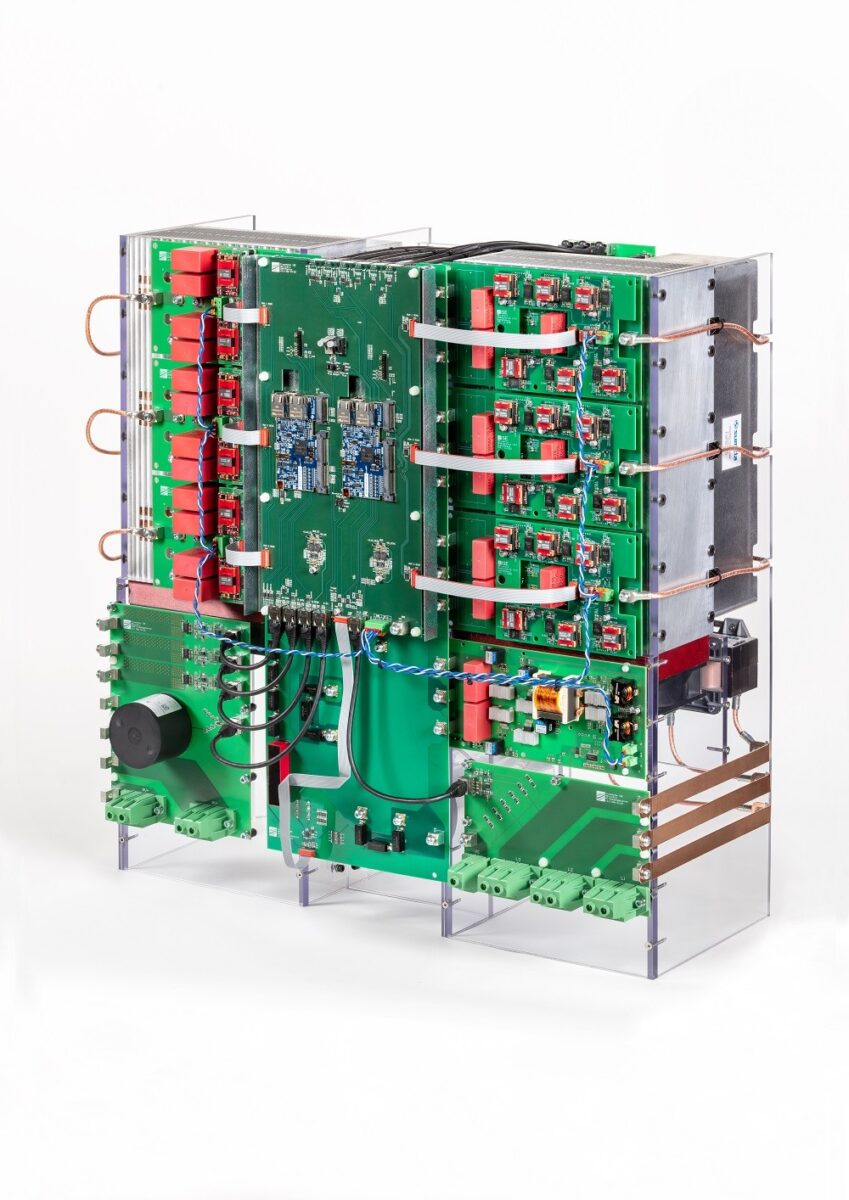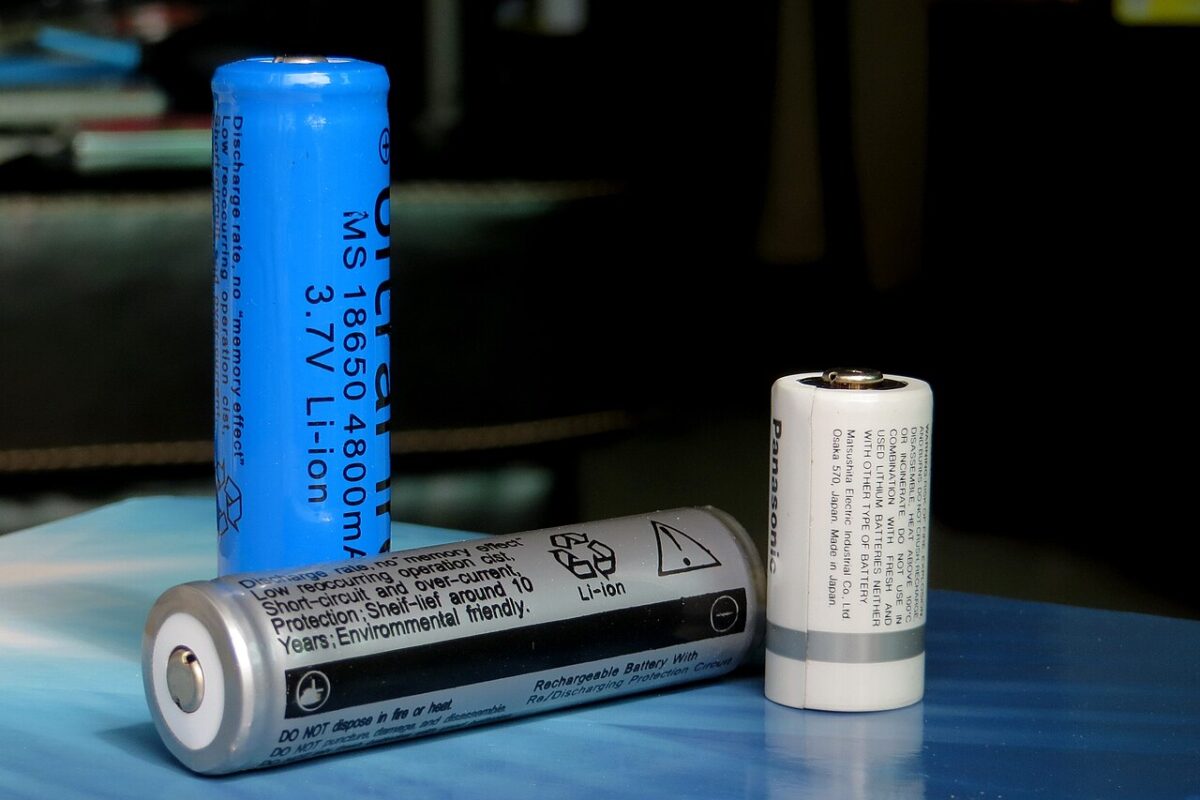Germany's Fraunhofer Institute for Solar Energy Systems (Fraunhofer ISE) has unveiled a new medium-voltage string inverter for large-scale PV power plants.
In a press release, Fraunhofer ISE researchers said the new device is the first of its kind and is based on silicon carbide semiconductors.
Silicon carbide-based inverters are known to have higher power densities, with less need for cooling and lower overall system costs than traditional inverters. However, defects at the interface between the silicon carbide and the insulating silicon dioxide material could still represent an issue for such devices.
The researchers claim the new inverter is technically able to handle voltage levels of up to 1,500 V at 250 kVA.
“Modern PV string inverters have an output voltage of between 400 VAC and 800 VAC. Although the output of power plants is steadily growing, voltage has not yet been increased,” they said. “There are two reasons for this: First, building a highly efficient and compact inverter based on silicon semiconductors is a challenge. Second, there are currently no PV-specific standards that cover only the low-voltage range (max. 1,500 VDC / 1,000 VAC).”
The research institute emphasized that the increase in voltage from 800 V to 1,500 V resulted in a lower cable cross-section, which was reduced from 120 mm² to 35 mm². This, in turn, reduced copper consumption by around 700 kg per km of cable.
“Our resource analyses show that in the medium term, the electrification of the energy system will lead to copper becoming scarce. Increasing the voltage allows us to save valuable resources,” said Andreas Bett, director of the Fraunhofer Institute for Solar Energy Systems ISE.
The German institute developed the new inverter in partnership with German conglomerate Siemens and equipment supplier Sumida Components & Modules GmbH. It sits under the umbrella of the research project MS-LeiKra, founded by the German Federal Ministry for Economic Affairs and Climate Action (BMWK).
This content is protected by copyright and may not be reused. If you want to cooperate with us and would like to reuse some of our content, please contact: editors@pv-magazine.com.




Congratulations! Proud to have been able to take a part ofat the start of the project!
Christof